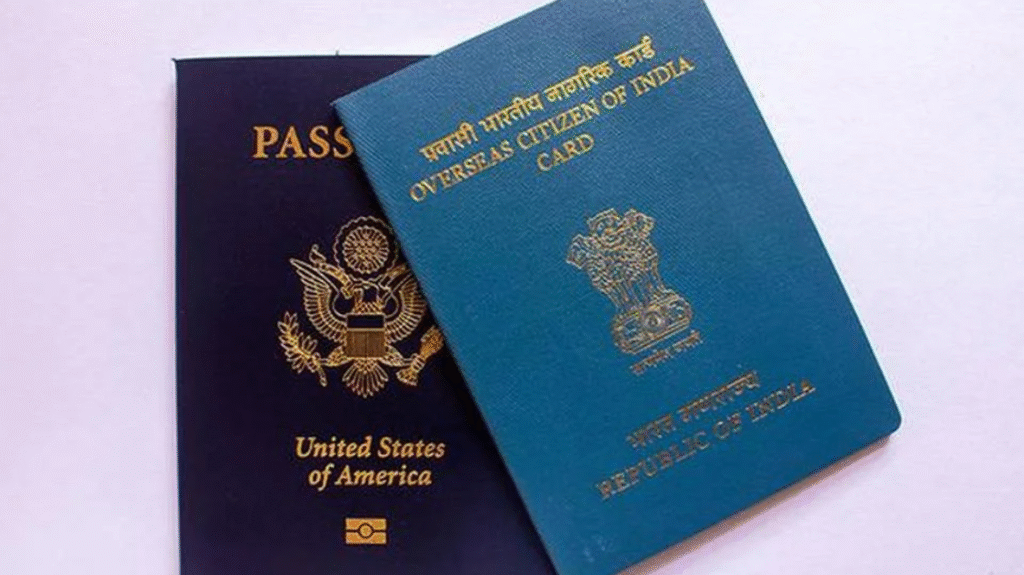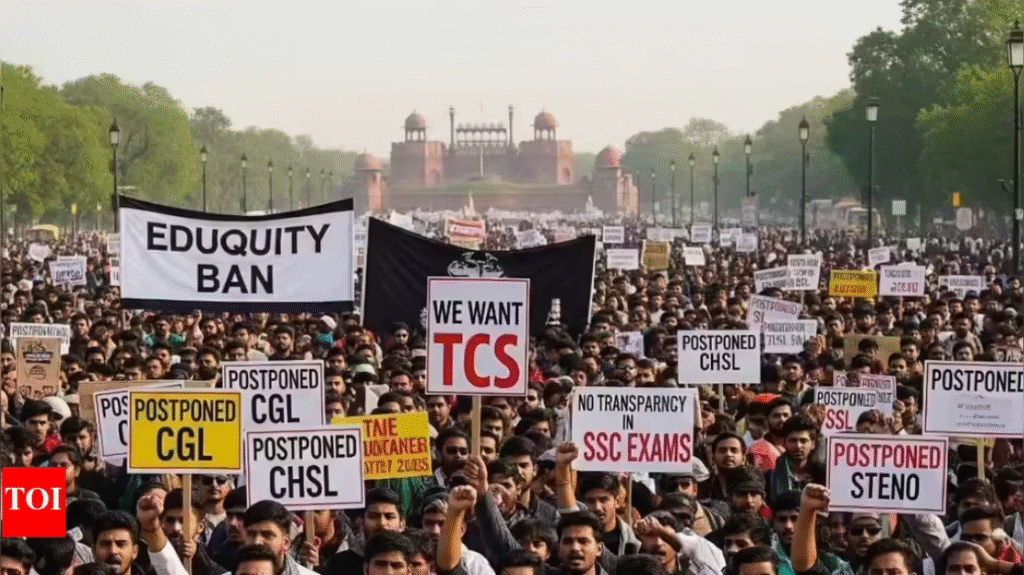The Ministry of Home Affairs (MHA) has introduced sweeping amendments to the Overseas Citizen of India (OCI) scheme, extending powers to cancel OCI status for serious criminal charges or convictions—even in absence of final adjudication. This marks a significant tightening of a program already under scrutiny for its ambiguous legal boundaries.
What’s Changed: Gazette Notification Spells Stricter Rules
A recent gazette notification under Section 7D(da) of the Citizenship Act, 1955 stipulates new cancellation grounds:
- Sentenced to two years imprisonment or more
- Charge-sheeted for offences punishable with seven or more years
Previously, cancellations were limited to convictions within five years of registration. The updated rule removes such temporal constraints and applies universally.
These provisions apply regardless of whether the conviction or charge occurred in India or abroad—provided the offence is recognized under Indian law.

Why Modify Overseas Citizen of India Cancellation Criteria?
Introduced in 2005, the OCI scheme provides life-long visa-free entry and residency to persons of Indian origin—but not full citizenship. Powers to cancel status structure this privilege within strict legal confines.
In late 2022, activist-turned-academic Ashok Swain successfully challenged their OCI revocation in court—highlighting the need for clearer cancellation grounds.
What This Means Practically
| Ground for Cancellation | Implication |
|---|---|
| Two-year or longer imprisonment | Convicted individuals lose OCI access permanently. |
| Charge-sheet for serious offences | Even accusations can lead to Overseas Citizen of India cancellation, raising due process concerns. |
Notably, cancellation no longer requires a conviction, enabling preventive revocation in cases of serious alleged crimes.
Legal and Ethical Challenges
Critics warn the new rule may bypass presumption of innocence, since charge-sheets—unaccompanied by judgment—could strip valuable privileges.
Legally, OCI remains a privilege—granting rights like long-term entry and residence, property ownership, and job opportunities, but excluding voting or political posts. Cancellation should remain anchored in due process.
Numbers Tell the Story
Between 2014–2023, 122 Overseas Citizen of India registrations were cancelled under prior rules; in 2024 alone, 57 cancellations occurred. As of mid-2025, an additional 15 OCI registrations were flagged.
These statistics underscore the shift toward stricter enforcement and foreground possible escalation in revocations moving forward.
Reaction & What to Expect
Legal analysts foresee more OCI holders facing scrutiny for even unrealized charges. Critiques may lead to legal battles questioning the constitutionality of revoking privileges without proven conviction.
For now, the Overseas Citizen of India scheme remains conditional—subject to Indian law and administrative scrutiny, as the government signals zero tolerance for serious criminal association.
Final Thoughts
The new rules redefine OCI as a privilege tethered to upstanding conduct. With revocations possible even during investigation, OCI holders—especially those with legal challenges—should stay vigilant.
More broadly, India’s move signals evolving standards toward global members of its diaspora. Maintaining fairness will hinge on balancing security with fundamental justice.
To read more Indian Laws and news, visit Legal Guide India



